The Hero Project: A Children’s Literary Perspective
 In the last few weeks, my husband has been working on something he’s calling The Hero Project. The concept is simple. Matt is searching for the universal structure that underlies all heroic myths. He started out by reading Joseph Campbell’s The Hero With a Thousand Faces but says that in terms of myths, “I started to disagree with Campbell. Most heroic myths don’t actually lay out a roadmap the reader can follow to solve his own problems. In fact, many myths imply the opposite. The message is: ‘Don’t try this at home.’ Most mythological heroes are not average people who rise to do extraordinary things. Instead they’re jerks who get special dispensation from the gods. When you read a lot of different mythologies side by side, a certain message starts to become clear: These guys were anointed by the gods to do this stuff, and you weren’t, so don’t get any ideas.”
In the last few weeks, my husband has been working on something he’s calling The Hero Project. The concept is simple. Matt is searching for the universal structure that underlies all heroic myths. He started out by reading Joseph Campbell’s The Hero With a Thousand Faces but says that in terms of myths, “I started to disagree with Campbell. Most heroic myths don’t actually lay out a roadmap the reader can follow to solve his own problems. In fact, many myths imply the opposite. The message is: ‘Don’t try this at home.’ Most mythological heroes are not average people who rise to do extraordinary things. Instead they’re jerks who get special dispensation from the gods. When you read a lot of different mythologies side by side, a certain message starts to become clear: These guys were anointed by the gods to do this stuff, and you weren’t, so don’t get any ideas.”
So he began thinking it through with posts like Can Heroes Really Start at Zero? and Do Heroes Need Special Skills?
All this led in the end to the creation of the Nine Types of Heroes. Check it out:
You’ll have to read his post on the subject to see examples of this.
Now Matt showed this list at a gathering of children’s literature types, and together they convinced him of two additional categories for this list: The Holy Fool and The Book Taught Amateur.
ADVERTISEMENT
ADVERTISEMENT
It all got me to thinking about how these types of heroes appear in children’s literature. Though Matt is using a lot of these types from his screenwriting perspective, overlap into the children’s literary sphere isn’t difficult at all. You just have to tweak certain elements to something a little less adult. So let’s take a gander at what each type of hero would entail in the world of books for youth. Consider the word “job” to mean “school” a lot of the time, and you’ll see why I slot folks in one category or another.
1: The Pro At Work:
- Most qualified person who is doing their job in their element:
- Example: Kiki Strike, Europe from The Monster Blood Tattoo books, Katsa from Graceling (at least at the novel’s start), and a host of other capable folks.
2. The Fish Out of Water:
- Qualified and on the job, but out of their element:
- Examples: I might put Claudia of From the Mixed-Up Files of Mrs. Basil E. Frankweiler here. After all, she’s out of her element but is as qualified as a running-away-from-home gal can be, and she’s CERTAINLY on the job when it comes to solving that mystery. Miss Lumley from The Mysterious Howling also counts. I’d also count the Baudelaire orphans from A Series of Unfortunate Events. They’re on the job, insofar as being “on the job” constitutes “staying alive” but there’s hardly a single moment when they’re in their element.
3. The Well-Trained Rookie:
- On the job and in their element but not yet qualified, then suddenly asked to compete at a higher level than they are prepared for yet:
- Examples: It’s at this point that you realize that a character can be one kind of hero in one book and switch to becoming another in a subsequent book. Therefore, Harry Potter in the first book is more of an adapter, while in subsequent novels he becomes a well-trained rookie. Percy Jackson is the same situation.
4. The Rogue:
- Qualified and in their element but off the job, usually trying to get their old job or position back:
- Examples: Griff Carver (from Griff Carver, Hallway Patrol) would fit, but mostly because it’s making fun of old tropes. Rogues in children’s literature are rarely the heroes. But you might count J.Lo from The True Meaning of Smekday, insofar as he’s sort of abandoned his job to go on a road trip.
5. The Exile:
- Qualified but off the job and out of their element:
- Examples: Very hard to find in children’s literature. Exiled kids are rarer than adults, it seems. Some exceptions, however, might be folks like Erec Rex from the series by Kaza Kingsley, or any book where kids are trapped in an alternate world and need to get back home. I’d consider “off the job” here to mean “not going to school”. You can extrapolate from there.
6. The Flounderer:
- On the job, but unqualified and out of their element. They took the job rashly, got in over their head, and now they have to cope with few skills:
- Examples: Perhaps Tiffany from the first Wee Free Men book. Fortunately instead of skills she has bright blue men in kilts. And the skills she does have help her out down the road (like her ability to wield a frying pan). Later, of course, she becomes a different kind of heroine with many many skills at her disposal. Other kids in similar otherworldly situations might be considered the same. Like Coraline from Coraline.
7. The Heckler?:
- This was the one dubious category generated by the chart and Matt’s not sure it even exists because it means that someone is unqualified, and off the job, but nevertheless in their element.
- Example: That sounds like Greg Heffley from Diary of a Wimpy Kid to me (though you’d have to take the “unqualified” part and apply it to various situations he finds himself in). And he’s definitely a heckler. He’s a heckler all the way.
8. The Adapter:
- Unqualified, off the job, out of their element …but willing to learn quickly because they are able to find new applications for skills they learned for other jobs.
- Examples: Harry Potter in the first Harry Potter book. He’s able to use skills he acquired before coming to Hogwarts (though talking to snakes really doesn’t play into it until book #2) like his famous name and the fact he killed someone as a baby.
9. The Worst Possible Pick
- This is their idea of hell. This is the true zero to hero: They’re unqualified, it’s not their job, they’re out of their element, and they aren’t even able to use transfer any of their skills over from another job.
- Example: Yeah. Here’s where I slot in Bella from the Twilight books (though you’d have to do away with the “this is their idea of hell” bit). You could argue that her “skills” (which involve smelling real good and attracting every male in the vicinity) would make her more of an adapter. I say, no. She brings very little to the table and sort of stumbles her way through the first book (which, I assume, changes in subsequent novels). Edward, for his part, is more Exile, while Jacob is the resident Pro at Work. Yup.
9. The Holy Fool
- Examples: I think Dwight from The Strange Case of Origami Yoda would certainly count here. Once in a while you get a character like him. Someone without any particular skills who nonetheless does well in the end. Now, in the case of Yoda you could argue that Dwight is behind all the good things that happen all along and that his “skills” include Yoda puppets. I dunno, though. This looks like distinctly Holy Fool territory to me.
10. The Book Taught Hero
- Examples: Hermione Granger’s an excellent example of this. It’s the hero who learns their skills entirely through books but hasn’t applied them to the real world yet. Think Willow on Buffy the Vampire Slayer. That kind of thing.
For the complete posts Matt has on the subject, see:
The Hero Project #1: Are All Heroes On the Same Journey?
The Hero Project #2: Are Hero Stories Actually Empowering?
The Hero Project #3: Can Heroes Really Start At Zero?
The Hero Project #4: Do Heroes Need Special Skills?
The Hero Project #5: So What Is a Hero Anyway?
The Hero Project #6: Nine Types of Heroes
The Hero Project #7: Two More Rare Categories
The Hero Project #8: Skills Are Where You Find Them
The Hero Project #9: Freud and Jung and Tony and Don
The Hero Project #10: First, You Have to Not Want to Change
Filed under: Uncategorized
About Betsy Bird
Betsy Bird is currently the Collection Development Manager of the Evanston Public Library system and a former Materials Specialist for New York Public Library. She has served on Newbery, written for Horn Book, and has done other lovely little things that she'd love to tell you about but that she's sure you'd find more interesting to hear of in person. Her opinions are her own and do not reflect those of EPL, SLJ, or any of the other acronyms you might be able to name. Follow her on Twitter: @fuseeight.
ADVERTISEMENT
ADVERTISEMENT
SLJ Blog Network
Tegan and Sara: Crush | Review
The Seven Bills That Will Safeguard the Future of School Librarianship
Take Five: Dogs in Middle Grade Novels
Gayle Forman Visits The Yarn!
ADVERTISEMENT




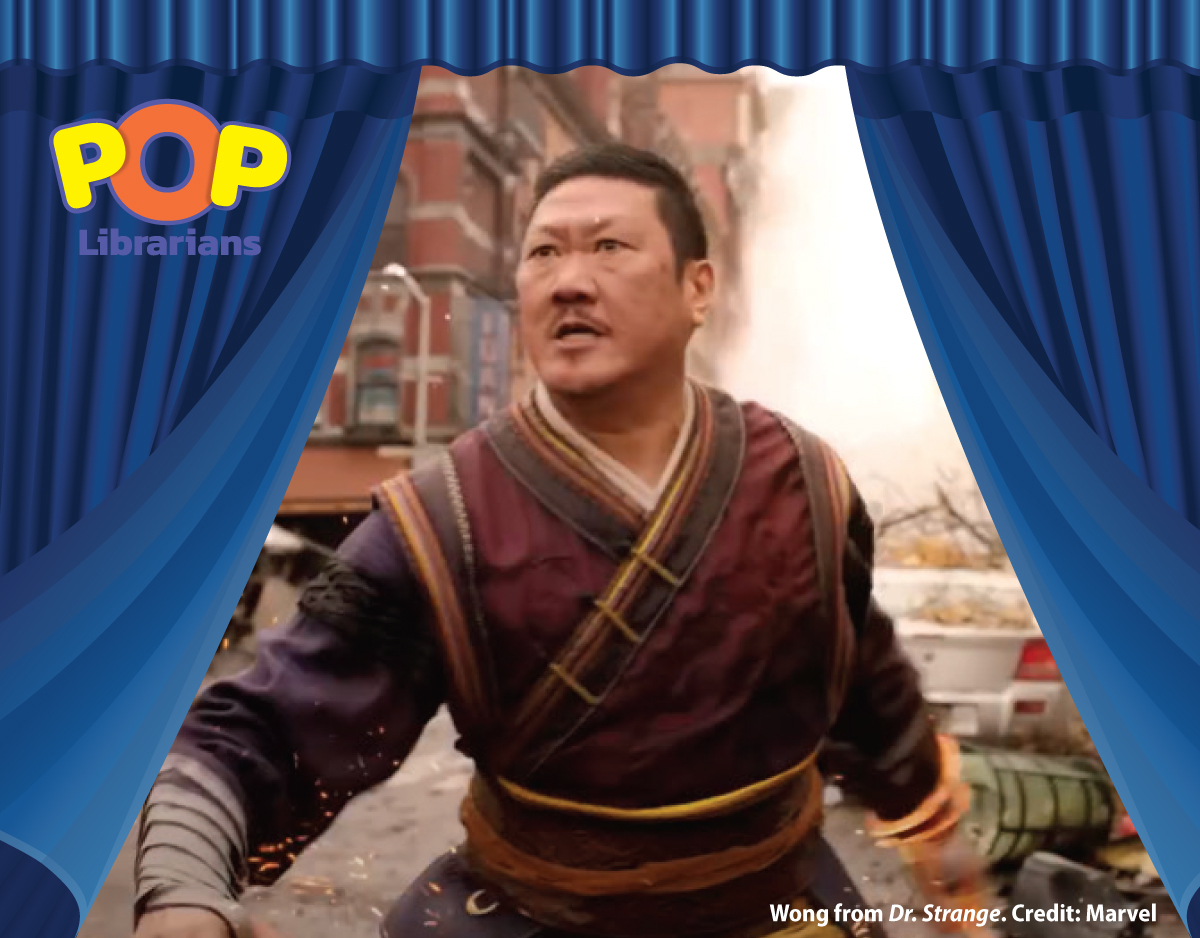
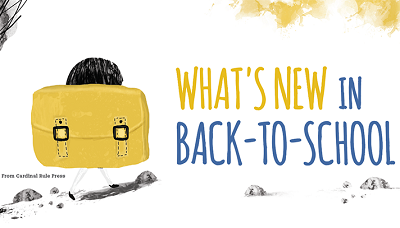
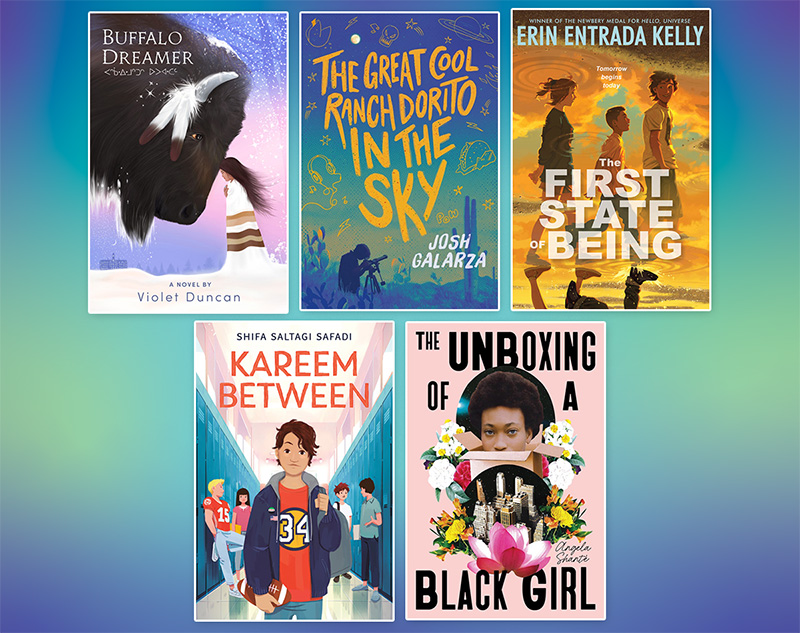
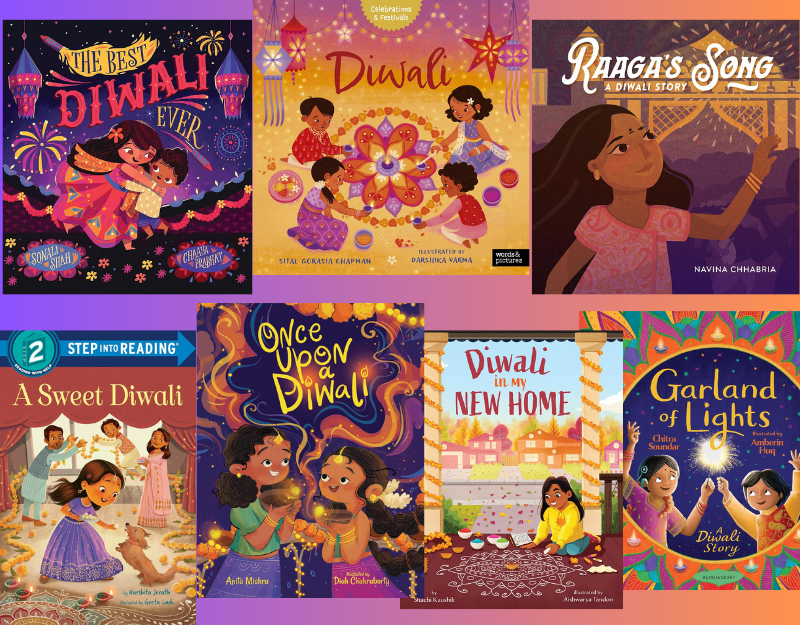
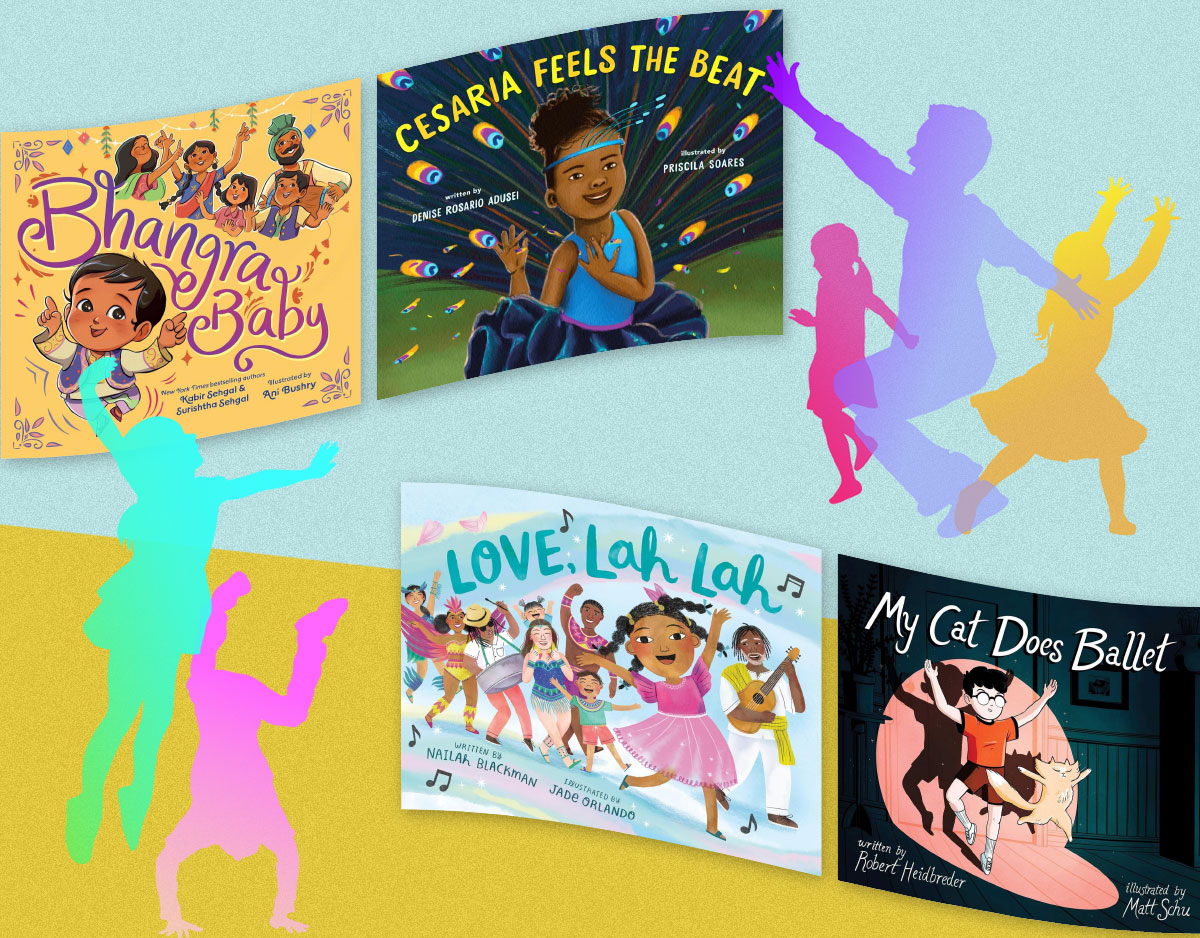
Oh, this looks fascinating! I’ll have to actually read it carefully at some point when it’s not, ya know, 12:30 in the morning.
Having been following the YA Fantasy Showdown all day, I wonder where Eugenides would fit into this model. In a lot of ways he’s the Pro, but then I think it might change over the course of the series. In King of Attolia, for instance, he spends a large part of the book being the Fish Out of Water, except that he’s on a job he doesn’t want.
For exile, how about Bobby in The Railway Children or Mary in The Secret Garden? And Tiffany Aching may be a permanent Flounderer — flounders magnificently in both Hat Full of Sky and Wintersmith. Good role for an apprentice — you just keep finding deeper and deeper water.
Another example of “The Worst Possible Choice” — Frodo. It’s actually why he qualifies to be the ring-bearer.
Great stuff!
Oh wow, I love you and I love your husband, you are totally feeding my utter geekiness! I LOVE the subject of archtypical heroes something nutty, and now shall proceed to waste much of my already precious time reading all this and debating where people fit instead of tending to the screaming children. Thank you for enabling my obsessions.
Harriet M. Welsch thinks she’s a Pro at Work, but since most adults would not agree that spying is her job, is she really a Rogue?
Is Taran (first book, at least) the Worst Possible Pick? He’s not an adapter at first (not till maybe Black Cauldron when he starts to be a leader), and is often saved by others. Or perhaps he’s a Flounderer because he took on the job of finding Hen Wen (since his job is caring for her).
Aragorn is literally an Exile, but he’s only out of his element in the sense that his element should be ruling. I guess once a character is a lifelong exile, the place/role they’re exiled to may become their element.
Oh, the Laughing Man from When You Reach Me! There’s an Exile for you.
Hi guys, this is the first time I’ve actually commented on my wife’s blog. (She’s never commented on mine either. We tend to just turn towards each other and say what we have to say.)
1. Frodo is definitely a WPP. None of his shire skills are adaptable to his new task.
2. Eugenides definitely starts out as a Fish Out of Water, but I’ve only read the first one.
3. I would call Harriet a Flounderer. She’s taken on a job (spy) without sufficient skills. Technically, I suppose, she’s on her home turf, but she doesn’t feel she’s in her element. In many ways, it’s a novel about entering adolescence and that’s an area where no one is in their element.
4. I would call Aragorn a Rogue, not an Exile, according to these definitions, since all Middle Earth seems to be his element. (This is one reason I’m not happy with the term “Exile” since the dictionary definition is almost identical to Rogue, and almost all Rogues could also be called exiles. I also considered “Wanderer” or “Stranger” but these aren’t quite right either, and either one could still be applied to Aragorn. What term would describe Shane or John McClane, but not Robin Hood or Jack Sparrow or Aragorn? Maybe “Self-Doubter” or “Redemption Seeker”.)
I too love you and love your husband.
If I understand the categories, I think I’d consider J.Lo (from THE TRUE MEANING OF SMEKDAY) an Exile. He’s qualified, in his way, but both off the job and not really in his element. He constantly needs simple Earth things explained to him.
Gratuity might be an Adapter.
I am an Adam Rex fan. He is the Pro At Work.
Thanks Matt! The posts are wonderful, insightful and spot on (as those Brits would say). I suppose there might be one more (seldom used) category and that is the Hero who Fails despite his/her Best Intentions (Anakin Skywalker anyone?)
Can’t wait to read more from you.
Perhaps you’d find more exiles in historical fiction, when it’s more plausible for characters to be, well, literally exiled? I’m thinking of types like Katherine Sutton in The Perilous Gard (exiled by Queen Mary — although she’s something of a fish out of water, as well) or Mitra from Susan Fletcher’s Alphabet of Dreams (exiled in 1st-century Iraq). Would stories about immigration, with children separated and searching for lost parents, count? Like in Home of the Brave?
I think Odd, from Odd and the Frost Giants by Neil Gaiman would be a good fit for the exile section
So clearly, someone needs to go over to the YA Fantasy Showdown, assign a hero category to each contestant, and analyze the winning formula using sophisticated fantasy-type statistics… 🙂
Exile at birth, Exile as hero. Kira from Gathering Blue by Lois Lowry.
Great work Betsy and Matt as you delineate Children’s Literature through blog and participatory lists.